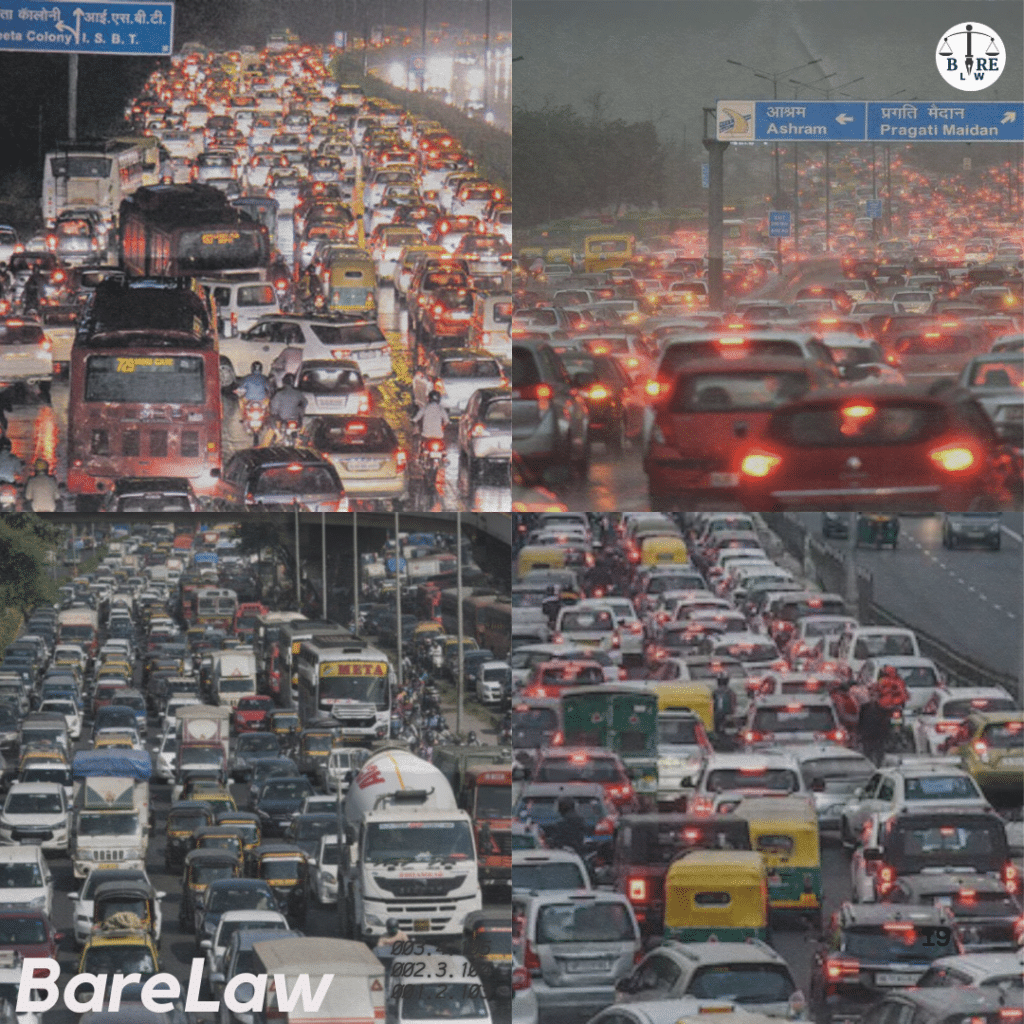A 21-year-old in China scammed over 300 hotels by fabricating hygiene complaints, exposing vulnerabilities in the hospitality industry and underscoring the need for robust operational practices and regulatory compliance.
Table of Contents

A Dirty Condom Can Save Your Hotel Expense
A 21-year old from China with the surname Jiang was arrested after masterminding an elaborate scam against hotels, police said. It took Jiang more than ten months to work his magic: he tricked 300 hotels into waiting all told he scored $5,200 (about ₹4.4 lakh) in compensation at 63 hotels. It reveals how vulnerabilities in the hospitality sector are fragmented and how sound operational practices are critical.
It was a calculated and calculated approach. With dead cockroaches, cicadas and strands of hair as weapons, he checked into hotels and registered hygiene complaints, firing off threatening and often amusing e‐mails… He threatened to expose the establishments online, and then asked for compensation that amounted to everything from free stays to monetary settlements. But at other times, he would be able to stay in several hotels in a day and play his game without a hitch.
How the Scam Was Uncovered
It only came to light when a hotel that suspected Jiang’s false claims reported him to authorities. After hotel staffers worked together to figure out a pattern in his complaints, he was arrested. After he was apprehended, police discovered 23 packets of Jiang’s ‘tools’ used to perpetrate his cons. It was made obvious from this revelation that his fraudulent ways went to the lengths that they did and how he managed to systematically exploit establishments.
Impact on the Hospitality Industry
This incident serves as a reminder that the hospitality industry is vulnerable — particularly in mid range hotels which have below par check and security systems. Activities of this nature are fraudulent and result in financial losses but they also tarnish the reputation of establishments involved. Internal controls of the hospitality industry must be strictly implemented, employees thrived to have better training, and surveillance systems be enhanced to avoid re occurrence of such schemes.
Hotel Safety and Hygiene Regulations in India
Strict, regulations are in place in India’s hospitality sector to guarantee safety and hygiene. In accordance with the provision of Food Safety and Standards Act 2006, the Food Safety and Standards Authority of India (FSSAI) mandates hotels to maintain certain cleanliness and sanitation standards. Moreover, the Ministry of Tourism guidelines the hotel classification by the quality of the facilities and services that they offer in order to delight the guest experience. Adherence to these regulations is the exigency for Indian hotels to keep their credibility and reliability.
To operate legally in India also, hotels need to have certain licenses. Some of them are Health Trade License issued by municipal authorities in order to ensure hygiene, Fire Safety Certificate of Fire Department and Environmental Clearances to prove that hotel’s operations do not disfigure the environment. Hotels serving alcohol also need to have a Police License to keep order and safety in their premises. These licenses are not only compliance, but interest of patrons.
Leading Hotel Chains in India
Several major Indian hotel chains that define the benchmarks of quality and service in India are found in India. It is part of Indian Hotels Company Limited (IHCL) that is well known for providing luxury accommodations and outstanding services. ITC Hotels, The Leela Palaces and Oberoi Hotels & Resorts are Indian hospitality with loads of opulence. In this regard, global chains like Marriott International has strong presence in India, offering services to different segments of markets same as JW Marriott, The Ritz-Carlton. These brands are important in making India as a destination for global tourists.
Similar Incidents in India
Jiang’s case is mirroring bogus activities that India has seen in hospitality sector in the past. For example, in Puri, Odisha, about 100 tourists were duped into paying for online bookings of hotels over a six month period. The fraudsters went on to set up phony sites designed to sucker in unsuspecting travelers who were looking to make online reservations.
Ankush Dutta, a man who stayed 603 nights at Delhi’s Roseate House hotel without settling his bills, owes the hotel ₹5.8 million! Obviously such cases point out the importance of following verification measures in hotels and warn travelers to be more careful while booking the related place to stay.
Lessons and Recommendations
Zhong’s case illustrates the immediacy for preventive measures in the hospitality industry. Hotels need to train their staff to spot and deal with fraud activities first, before fretting over ATMs. Using more sophisticated surveillance systems such as security cameras can help to deter potential scams. There is also a need to establish standardized procedures for investigating complaints and cooperating with other hotels so as to share information relating to suspicious actions.
Conclusion
Jiang’s elaborate scam is a cautionary tale for the global hospitality industry. While this does reinforce the importance of being able to operate an establishment strictly by the numbers legally and preventing itself from becoming a victim of fraud. In the scenario being discussed, it is crucial to follow safety and hygiene regulation as well as creating trust among the diners to continue the growth and reputation of the hospitality sector in India. Learning from such incidents, industry can protect its interests better and provide a smooth experience for the guest.
FAQ:
1. What was the scam involving the Chinese man?
The 21-year-old man staged fake hygiene complaints using props like dead cockroaches and hair to extort compensation from hotels.
2. How did the scam come to light?
Suspicious hotel staff reported him to authorities, and a collaborative investigation among hotels revealed a pattern in his complaints.
3. What is the impact of such scams on the hospitality industry?
These scams lead to financial losses, reputational damage, and highlight the need for better fraud detection and operational controls.
4. What are the hotel safety and hygiene regulations in India?
India mandates compliance with FSSAI standards, fire safety norms, health trade licenses, and environmental clearances for hotels.
5. What preventive measures can hotels adopt?
Hotels can implement staff training, surveillance systems, standardized complaint procedures, and collaboration with other establishments to prevent fraud.
6. What are some prominent hotel chains in India?
India is home to Taj Hotels, Oberoi Hotels, ITC Hotels, The Leela Palaces, and international chains like Marriott and JW Marriott.
7. Have there been similar incidents in India?
Yes, such as online hotel booking scams in Odisha and a man evading payment for 603 nights at Delhi’s Roseate House hotel.






